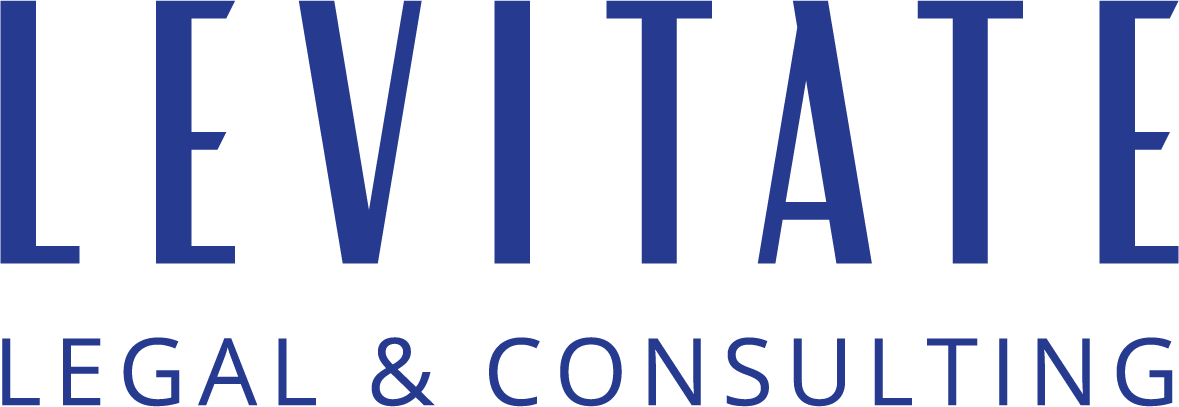What is an idea if it lacks a vision for transformation? Strategic planning is crucial for the future impact of governments, nonprofits, and corporate entities alike. It provides a comprehensive framework that outlines long-term goals and the methods necessary to achieve them. While the specific components may vary based on the organization and its objectives, Levitate Legal assists clients in crafting well-developed strategic plans using the following key elements:
- Vision: A concise and inspirational portrayal of the organization’s future aspirations. It paints a clear picture of the long-term goals we desire to achieve.
- Mission Statement: A declaration that defines the organization’s purpose, its reason for existence, and the core activities it undertakes to fulfill its objectives.
- Core Values: The fundamental principles and beliefs that steer the organization’s behavior, decisions, and interactions, both internally and externally.
- SWOT Analysis: A comprehensive assessment of the organization’s Strengths, Weaknesses, Opportunities, and Threats. This analysis aids in identifying the internal and external factors that can impact the organization’s success.
- Goals and Objectives: Specific, measurable, achievable, relevant, and time-bound (SMART) statements that outline what the organization aims to accomplish within a specific timeframe.
- Strategies: High-level approaches and plans formulated to achieve the organization’s goals. These strategies outline how the organization will leverage its strengths, address weaknesses, seize opportunities, and mitigate threats.
- Action Plans: Detailed plans that dissect strategies into specific actions, tasks, responsibilities, and timelines. These plans provide a precise roadmap for executing strategic initiatives.
- Performance Metrics: Quantitative and qualitative indicators used to measure progress toward achieving goals and objectives. Metrics enable the assessment of whether the organization is on track and meeting its targets.
- Resource Allocation: A comprehensive plan for distributing necessary resources, such as finances, personnel, technology, and other assets, to support the implementation of strategic initiatives.
- Risk Management: Identification of potential risks and challenges that could impede the successful execution of the strategic plan, along with strategies to mitigate or manage those risks.
- Implementation Timeline: A meticulously designed timeline outlining the execution of each action or initiative. This structured approach facilitates the plan’s implementation.
- Communication Plan: Thoughtful strategies for effectively disseminating the strategic plan to various stakeholders. This includes internal stakeholders such as employees and managers, as well as external stakeholders such as customers, investors, and partners to ensure alignment and understanding.
- Organizational Structure and Roles: Clarity on how the organization’s structure and roles may need to adapt or evolve to effectively support strategic initiatives.
- Monitoring and Evaluation: An ongoing process to regularly review and evaluate the progress of the plan’s implementation and make necessary adjustments to stay aligned with changing circumstances.
- Review and Update Process: A well-defined plan for periodically revisiting and updating the strategic plan to ensure its relevance in a dynamic environment.
These components synergistically form a comprehensive roadmap that seamlessly directs an organization’s actions and decisions, propelling it towards its long-term goals while remaining adaptable to evolving circumstances. However, crafting an effective strategic plan requires more than just these elements. Organizations must foster transparent and candid conversations with key leaders, employees, and stakeholders, delving into the ultimate objectives to create a truly actionable strategic plan. Connect with the seasoned consultants at Levitate Legal to embark on a transformative journey of strategizing and implementing a game-changing plan for your organization.

